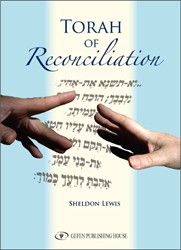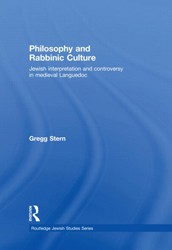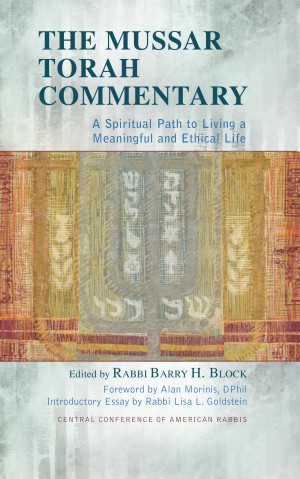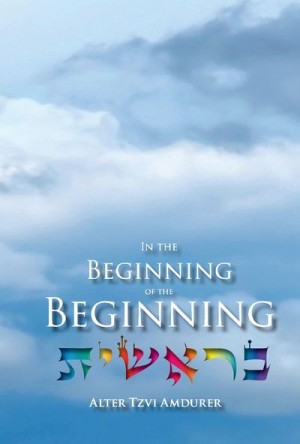Path of the Prophets: The Ethics Driven Life by Rabbi Barry L. Schwartz introduces the reader to eighteen biblical figures who personify Jewish values. The selection includes those who we commonly consider prophets — such as Jeremiah, Isaiah, Jonah, and Elijah — but also includes personalities such as Abraham, Judah, Ruth, and Hannah — biblical characters who Schwartz classifies as prophets because their words and deeds reflect the prophetic yearning for righteousness.
Each vignette opens with a first-person rewriting of the prophet’s life and key experiences. It then moves to close reading of the original biblical narrative and analysis by commentators from several different eras, and across the spectrum of Jewish thought. Schwartz ends each chapter with an explanation of the prophet’s relevance for today’s readers. Path of the Prophets concludes with a study guide, which makes the book accessible to educators who would like to utilize it in the classroom or a discussion group.
The chapter on Shiphrah, one of the midwives who rescued Israelite children from the hands of Pharaoh, is titled “Shiphrah’s Defiance: The Path of Civil Disobedience.” As the name suggests, Schwartz recognizes the heroism of this underappreciated midwife as a “protest against perceived injustice in the spirit of Abraham.” The author likens Shiphrah’s act to an Israeli soldier disobeying a commanding officer when that officer’s orders are unjust. He also understands Shiphrah’s refusal to be a willing participant in infanticide as a precursor to the work of Thoreau, Gandhi, King, and Mandela. These figures ennoble us “with the courage of their convictions” and “defy authority for the sake of justice.”
Another chapter focuses on Ezra, who led the Jewish community that returned to Israel after the Babylonian Exile. Schwartz describes Ezra as an educator par excellence, reconnecting the people with the Torah. He also casts Ezra as a link between Moses and Rabbi Yochanan ben Zakkai, who rebuilt Jewish life following the destruction of Jerusalem in the Rabbinic Age. “The Torah revolution of Ezra,” Schwartz writes, “reaffirms the central notion of covenant that courses through the Hebrew Bible … It commences the process of translation and interpretation of scripture that lies at the heart of Rabbinic Judaism.” The chapter concludes by positioning Ezra as a central figure in developing the modern understanding of Jews as a “People of the Book.”
Path of the Prophets: The Ethics Driven Life is an interesting and accessible read. It sheds new light on biblical characters and their influence in Judaism’s tradition of ethical monotheism. It allows for even a well-versed reader to appreciate anew Judaism’s role in speaking for righteousness and helping to repair the world.





